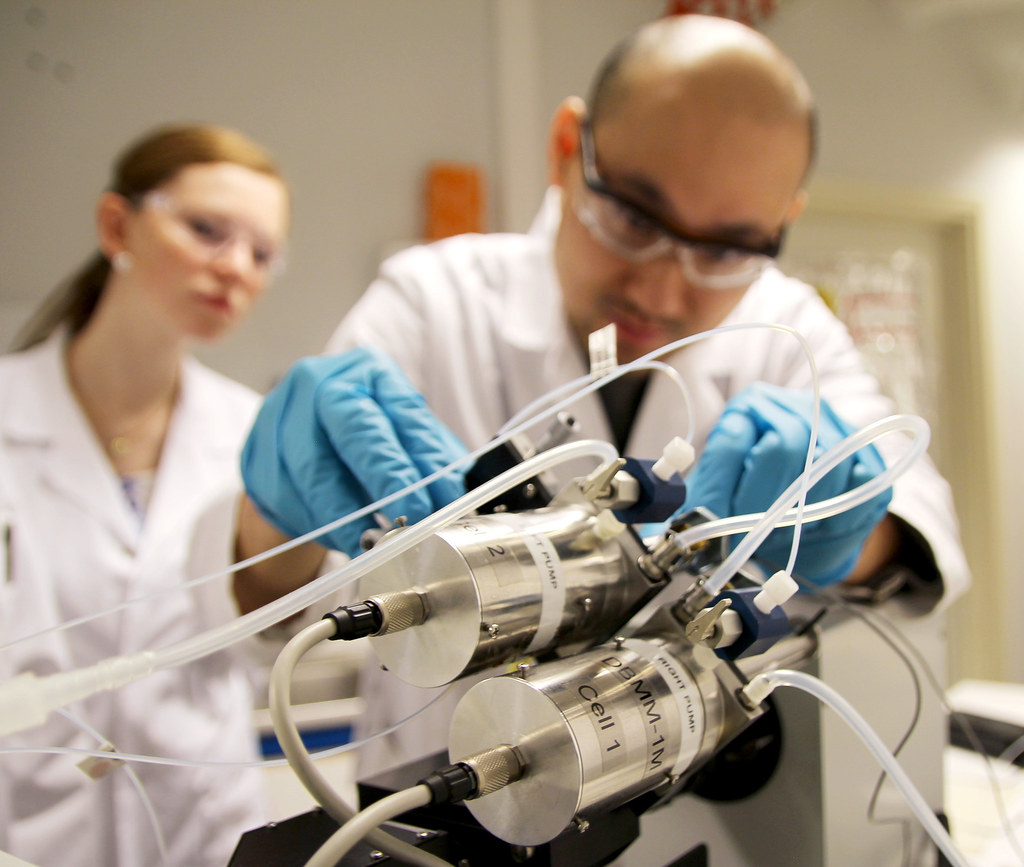
The study of biomedical engineering, therefore, basically means a wide range of diagnostics and therapeutic applications. This branch of sciences and engineering is one standard multidisciplinary area of study that involves the use of engineering techniques to help practitioners like physicians and doctors in their healthcare practices.
What prospects does biomedical engineering have?
The employment of bioengineering and biomedical engineers will rise by 7 percent from 2016 to 2026. Their employment growth is faster than that of all occupations. Employment in bioengineering and biomedical engineers is expected to grow at a faster rate because of the expanding technologies and their applications in medical equipment and devices.
For whom is biomedical engineering appropriate?
A student must have completed +2 in Physics, Chemistry, Biology, and Mathematics from an esteemed university in order to be eligible for this course.
What is the connection between engineering and medical biology?
In order to improve healthcare treatment for diagnosis, treatment, and therapy, engineering and biology work together to integrate engineering plans and problem-solving techniques with medical sciences.
Does earning a master’s degree in biomedical engineering make all the difference?
A master’s degree in engineering offers a sense of employment certainty, and biomedical engineering has been booming over the years.
Which courses are necessary to obtain a biomedical engineering degree?
Hence, candidates may look up to it as a career option either by pursuing a 4 year Bachelor’s in Technology B. Tech programme or the 5 year integrated course of B. Tech programmes at the undergraduate level. Candidates may also opt for the 2 year Master’s course in Technology M. Tech programme in Biomedical Engineering after completing their graduation.







